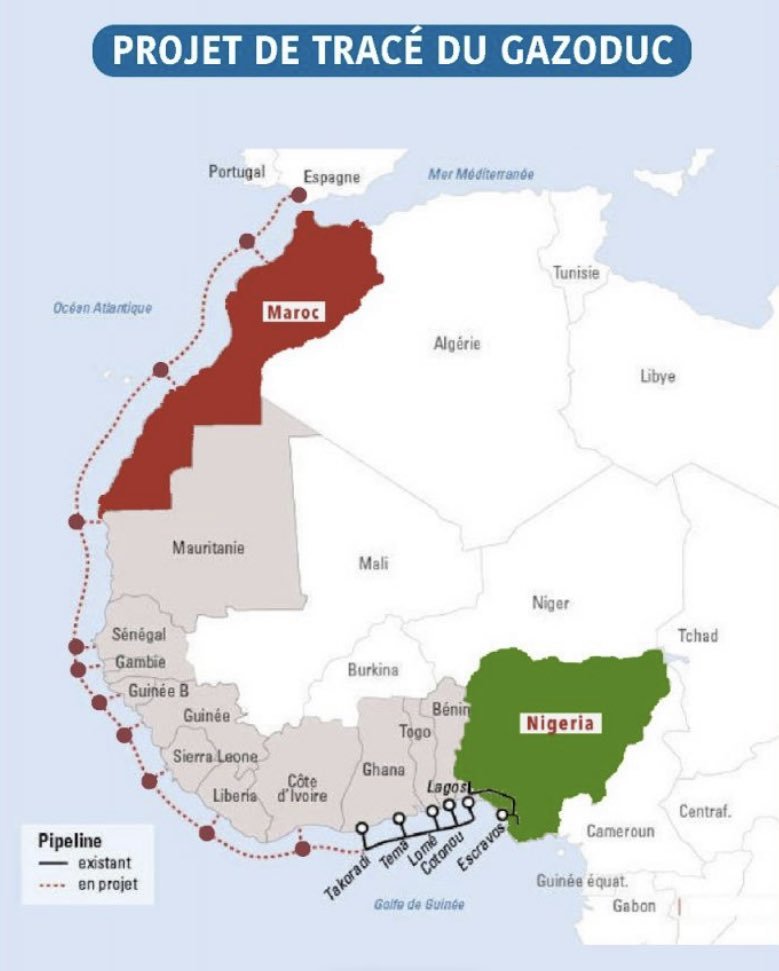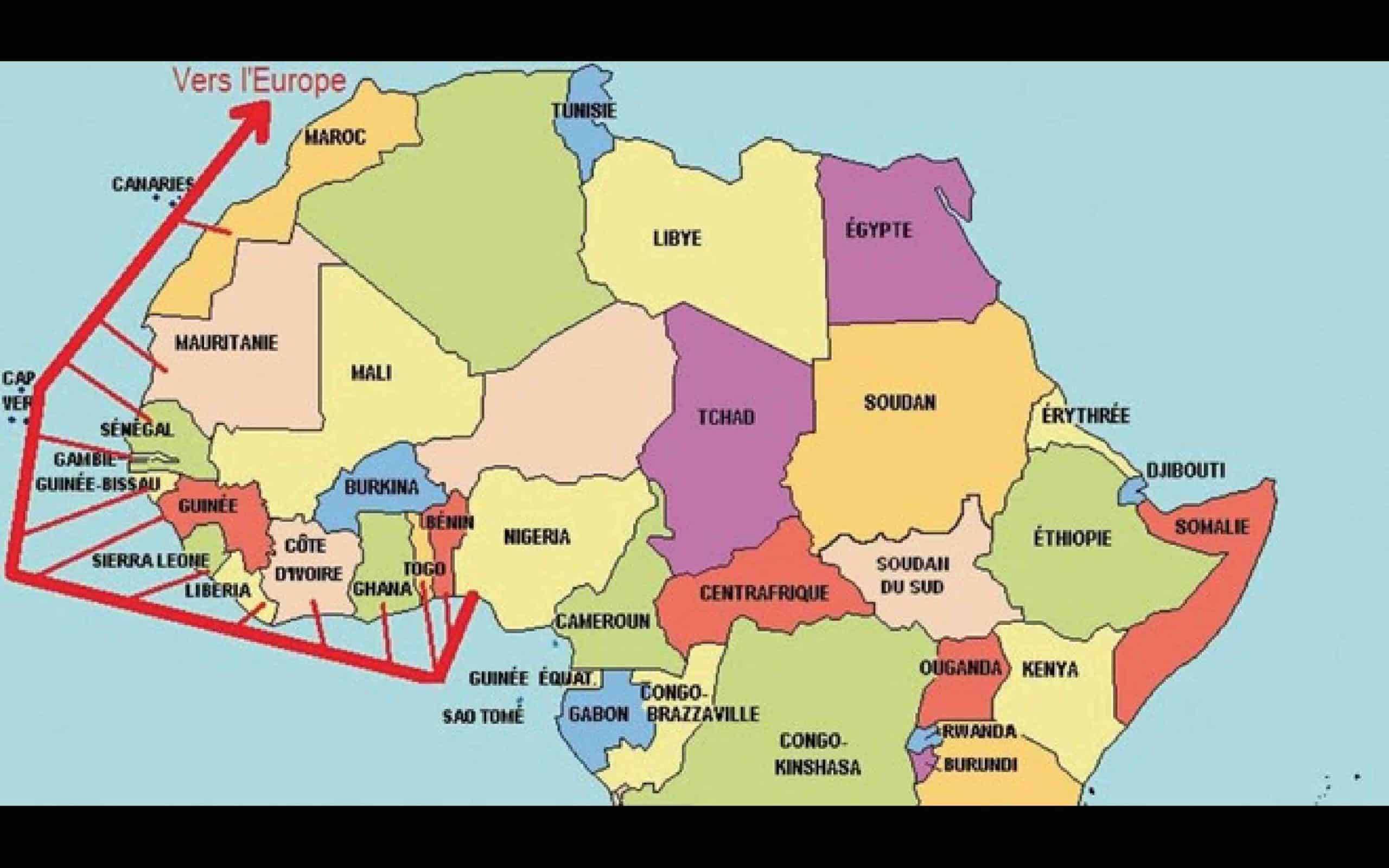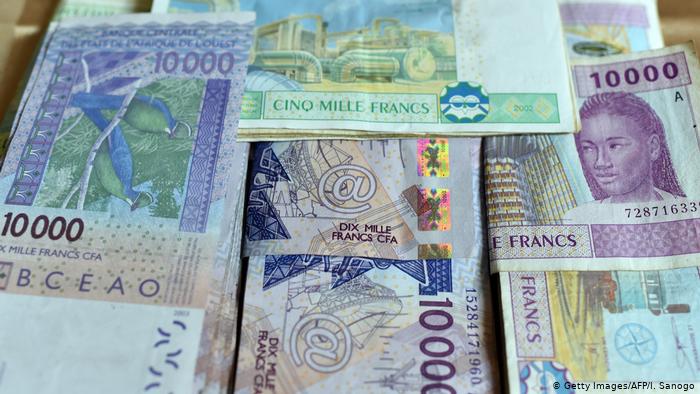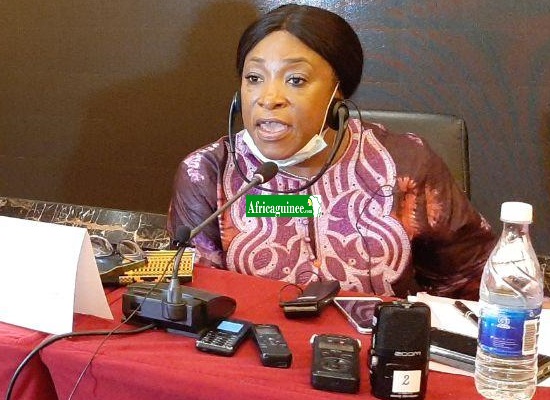The Economic Community of West African States (ECOWAS) is hosting a regional workshop in Lagos Oct. 8 through 11 to review and validate the Host Government Agreement (HGA) for the Nigeria-Morocco Gas Pipeline project.
The workshop is a key step in the development of the gas pipeline, a strategic project spearheaded by King Mohammed VI and former Nigerian President Muhammadu Buhari, and supported by the sitting President Bola Tinubu. The event follows multiple rounds of negotiations on the Intergovernmental Agreement (IGA) and HGA, previously held in Rabat, Marrakech, and Abidjan.
The workshop, jointly organized by the National Office of Hydrocarbons and Mines (ONHYM) and the Nigerian National Petroleum Corporation (NNPC), brings together experts from ministerial departments and national oil companies from the 13 countries through which the pipeline will pass.
The meeting is meant to finalize the draft HGA, which will be signed between each participating country and the project company.
“The presence of experts and representatives from all transit countries underscores anew their commitment to this strategic and structuring project,” said an ONHYM representative, adding that “this flagship project reflects the relevance of South-South cooperation and will foster economic and social development, particularly by boosting industries across the region.”
ONHYM head, Amina Benkhadra, said recently that a final deal involving all countries that will benefit from the gas pipeline is expected by year’s end.
The multilateral deal will define the terms of use and management of the pipeline, ONHYM had said in an earlier statement.
The first phase will connect the existing Nigeria-Ghana pipeline to Côte d’Ivoire, while the second phase will link Morocco’s Maghreb- Europe pipeline to Senegal. The final step consists in linking Senegal to Côte d’Ivoire.
The project, a key component of Morocco’s south-south cooperation approach, is designed to promote regional energy market integration, while helping 13 African states meet their energy security goals.



